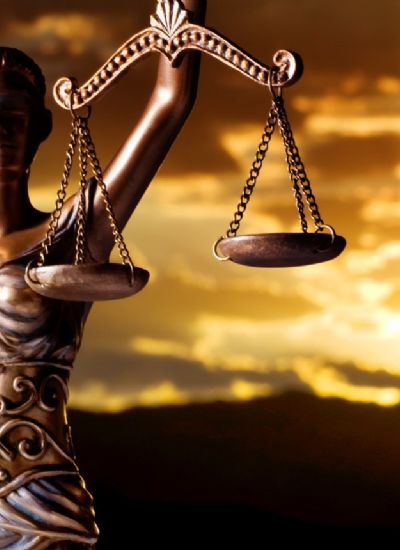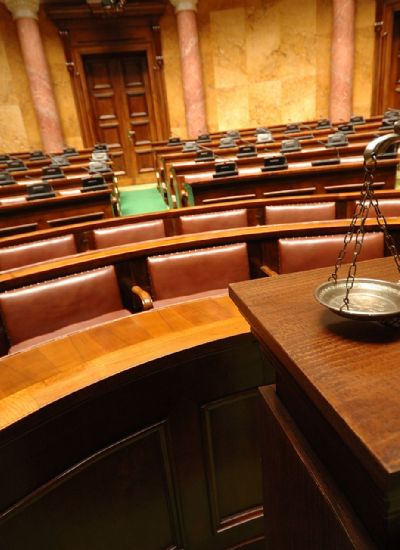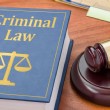The Effects of an Automated Election in the USA
- Sen. Al Franken's swearing in after the 2008 election was delayed until July 2009.Mark Wilson/Getty Images News/Getty Images
Increasingly, Americans expect their elections to be decided rapidly. As with many technologies, electronic voting has accustomed voters to speed and precision. On the rare occasion when vote counting or recounting for a major office like governor, U.S. senator, or president continues beyond Election Day, it becomes big news, such as the 2008 Franken-Coleman recount in Minnesota or the 2004 Gregoire-Rossi recount battle in Washington state. - The Diebold voting machines are the source of conspiracy theories on both left and right.Joshua Roberts/Getty Images News/Getty Images
Many voters, particularly older voters, have greater apprehensiveness about any voting technology that does not involve a paper ballot. The notion that vote can be digitally lost, altered or erased causes some voters anxiety that the system is more susceptible to fraud. Many states have pushed for a "paper trail" with electronic voting, creating a redundant paper printout of a vote in the event of electronic failure. Most elections experts consider electronic voting substantially more reliable than human counting of paper ballots. - Poll workers are faced with high-tech challenges.Joe Raedle/Getty Images News/Getty Images
Most polling place workers are temporary, low-paid workers with minimal training. Traditional paper ballot voting methods required limited sophistication. When electronic voting machines become out of alignment or non-functioning in some other capacity, a trained expert is often required to fix the situation. - Electronic voting permits more disabled voters to cast secret ballots.Suhaimi Abdullah/Getty Images News/Getty Images
With traditional paper ballots, many disabled voters were unable to cast a vote without the physical assistance of a poll worker. As such, their votes could not be considered truly private. With touch screen and optical scan technologies, a greater number of disabled voters are able to cast secret ballots for their candidates of choice.




















